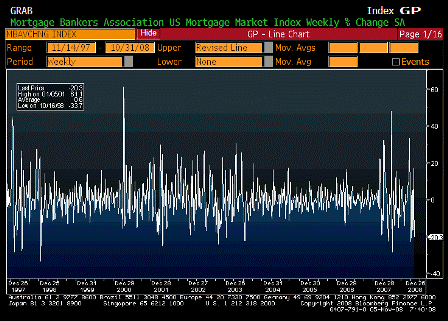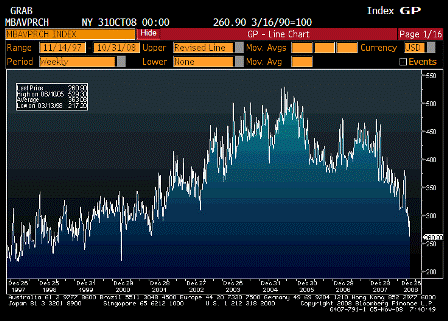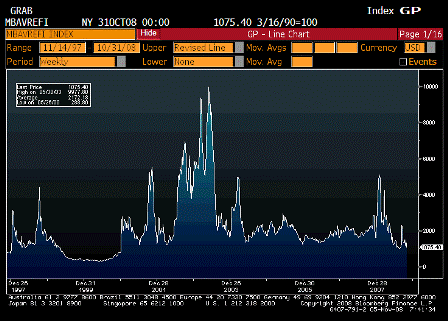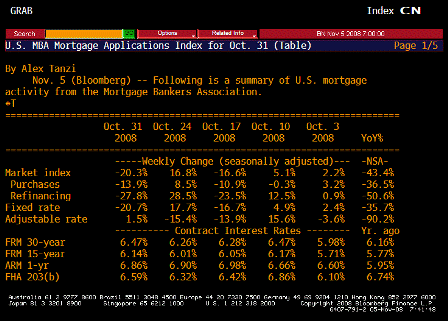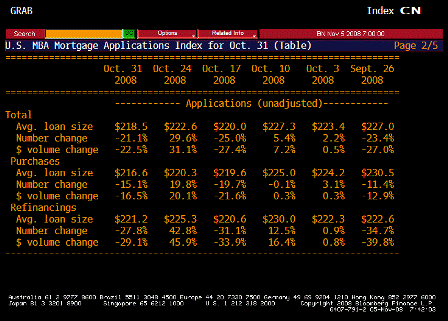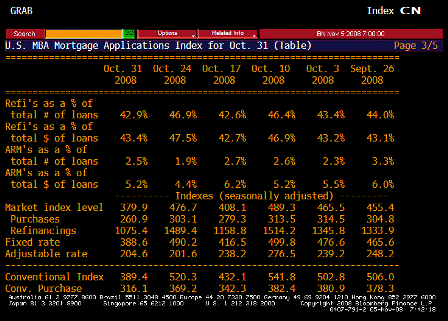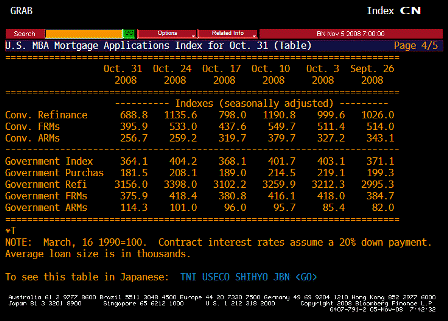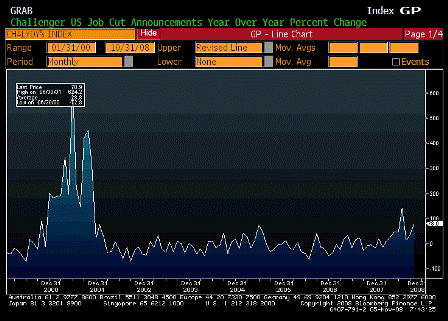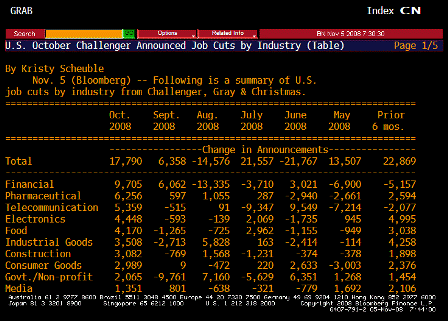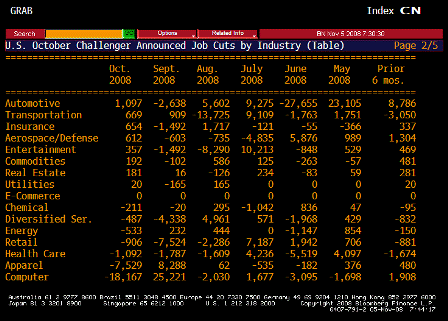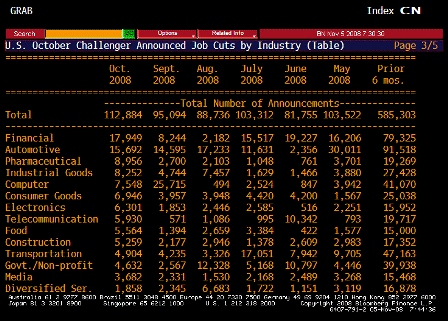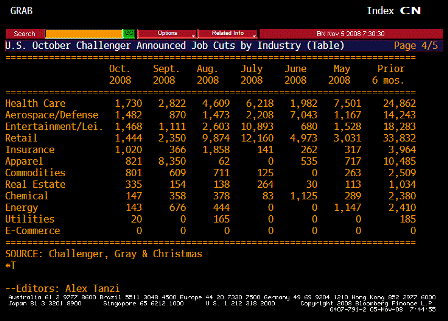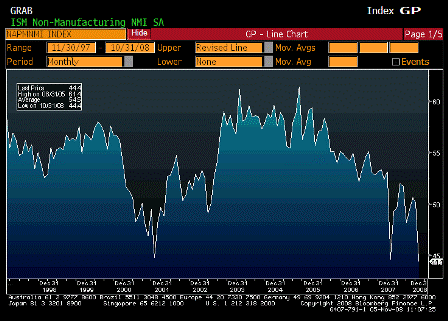>
> The banks using the ECB’s liquidity program deposited a record 160
> billion Euros with the ECB overnight, rather than lend them to other
> banks or market participants.
>
Jeff, ‘lending them out’ wouldn’t have changed that number. At most it would have moved the funds from one bank’s reserve account to another. So maybe, they did ‘lend them out’. Best indication is the interbank rates, but even that’s not definitive.
>
> Russia is going to base missiles on EU border. That should go well. In
> unrelated news, they are also planning to build a deep-water port in
> Venezuela that will allow Russian warships to dock there. Hamas
> militants pounded southern Israel today with a massive barrage of 35
> rockets, after Israeli forces killed six gunmen. So much for the
> five-month truce. China has so far sentenced 55 people for riots
> against Beijing’s rule that broke out in Tibet in March. No word yet on
> the other 147 people who stood trial. Iran has warned the US again
> not to violate its airspace.
>
Good luck to us!
[top]

